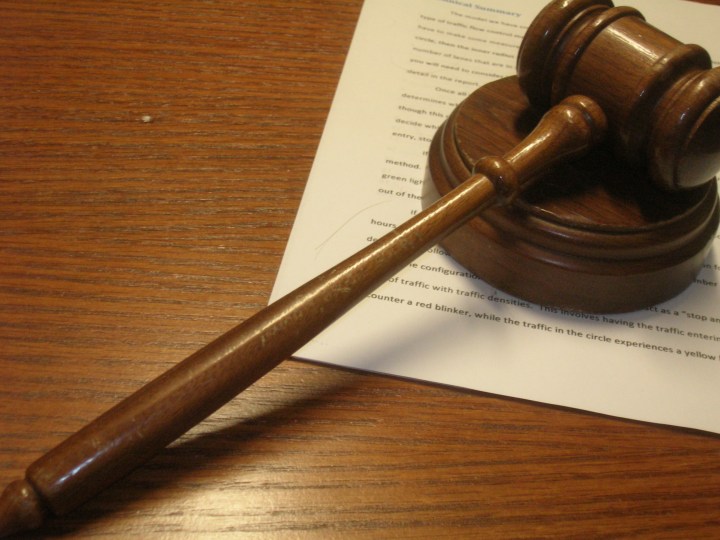
According to the papers obtained by Torrent Freak, a Comcast account was used to pirate copies of Windows 7, Windows 8, Windows Server and Office 10. Microsoft has not identified the person (or persons) that owns the account, but has the person’s IP address, and is now requesting a subpoena from the court to identify this person. The IP address at the center of the action (173.11.224.197) is allegedly based in Houston, Texas.
Microsoft is also demanding that this person pay all “general, special, actual, and statutory damages” for pirating the software.
The tech giant’s cyberforensics team tracks and analyzes product activation keys and found this particular Comcast IP address had been responsible for “several thousand product key activations,” which aroused suspicions. It adds that it believes that the product keys have been stolen from its supply chain.
“At a minimum, Defendants acted with willful blindness to, or in reckless disregard of, Microsoft’s registered copyrights,” said Microsoft.
“Software developers lose billions of dollars in annual revenue from software piracy, namely, the unauthorized and unlawful copying, downloading, and distributing of copyrighted and trademarked software and related components,” it said, which quoted figures from 2013 that showed $9.7 billion worth of software was pirated that year. It added that instances of piracy like this can also be a security risk to the people that download the pirated software.
A Comcast spokesperson told Digital Trends that it cannot comment on a specific case. However, in cases like this, it will ask the judge for “reasonable time,” usually a few weeks, to contact the customer and inform them. The customer will be offered the chance to hire an attorney and fight the case. If they decline or if they do not respond, the spokesperson said it will comply with the order.
Microsoft usually doesn’t take action like this against pirates of its software. In fact, in some cases people using pirated versions of Windows 7 and 8 were entitled to the free upgrade to Windows 10 last year.
However, it isn’t without precedent, either. Last May Microsoft filed a case against a Verizon customer for similarly activating illegal copies of Windows 7 that were allegedly stolen from the supply chain. The company tends to reserve this kind of action only for the most serious offenders — usually, those activating hundreds or thousands of copies.
We contacted Microsoft for a comment on this latest case, but have not received a response at press time.


